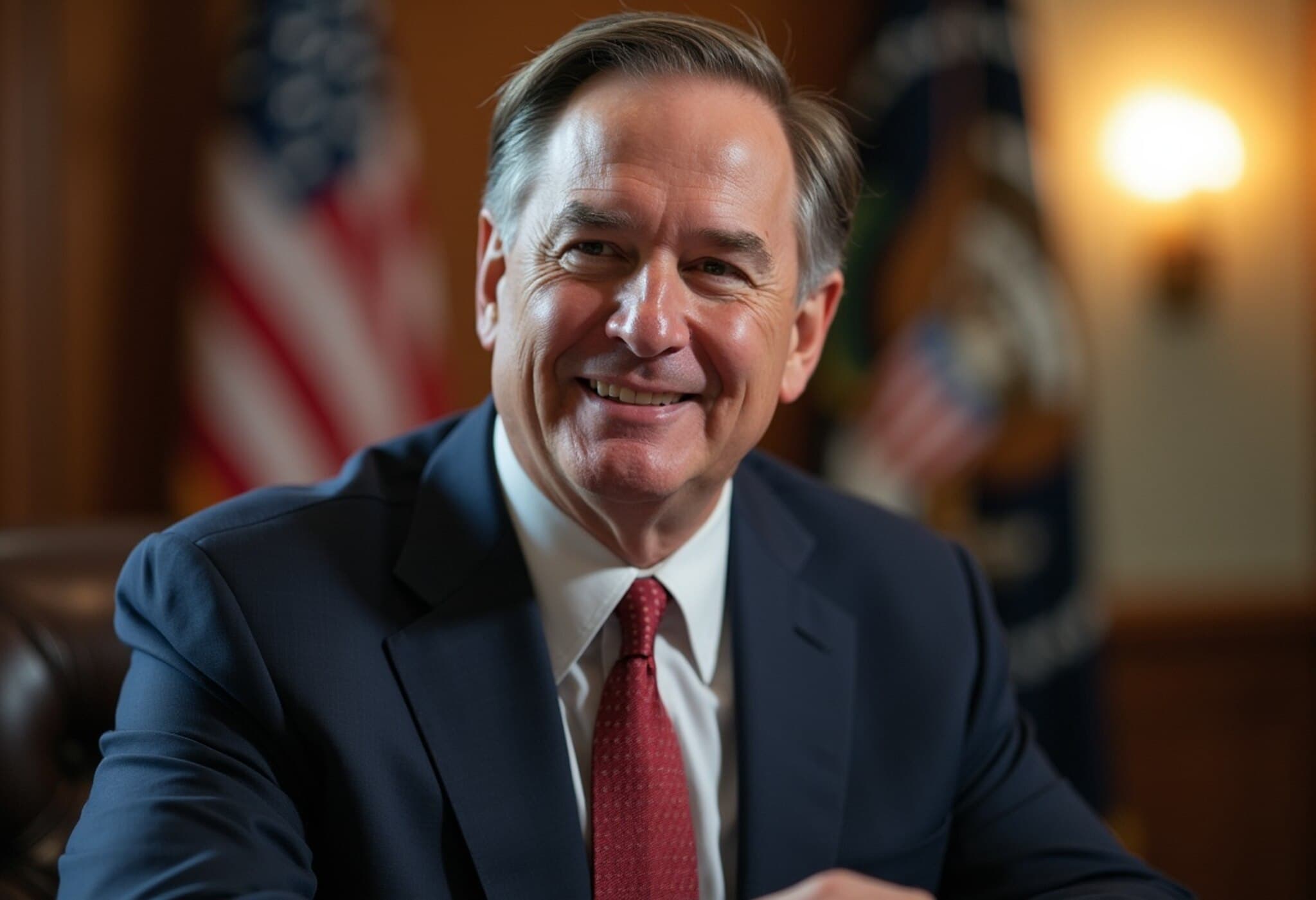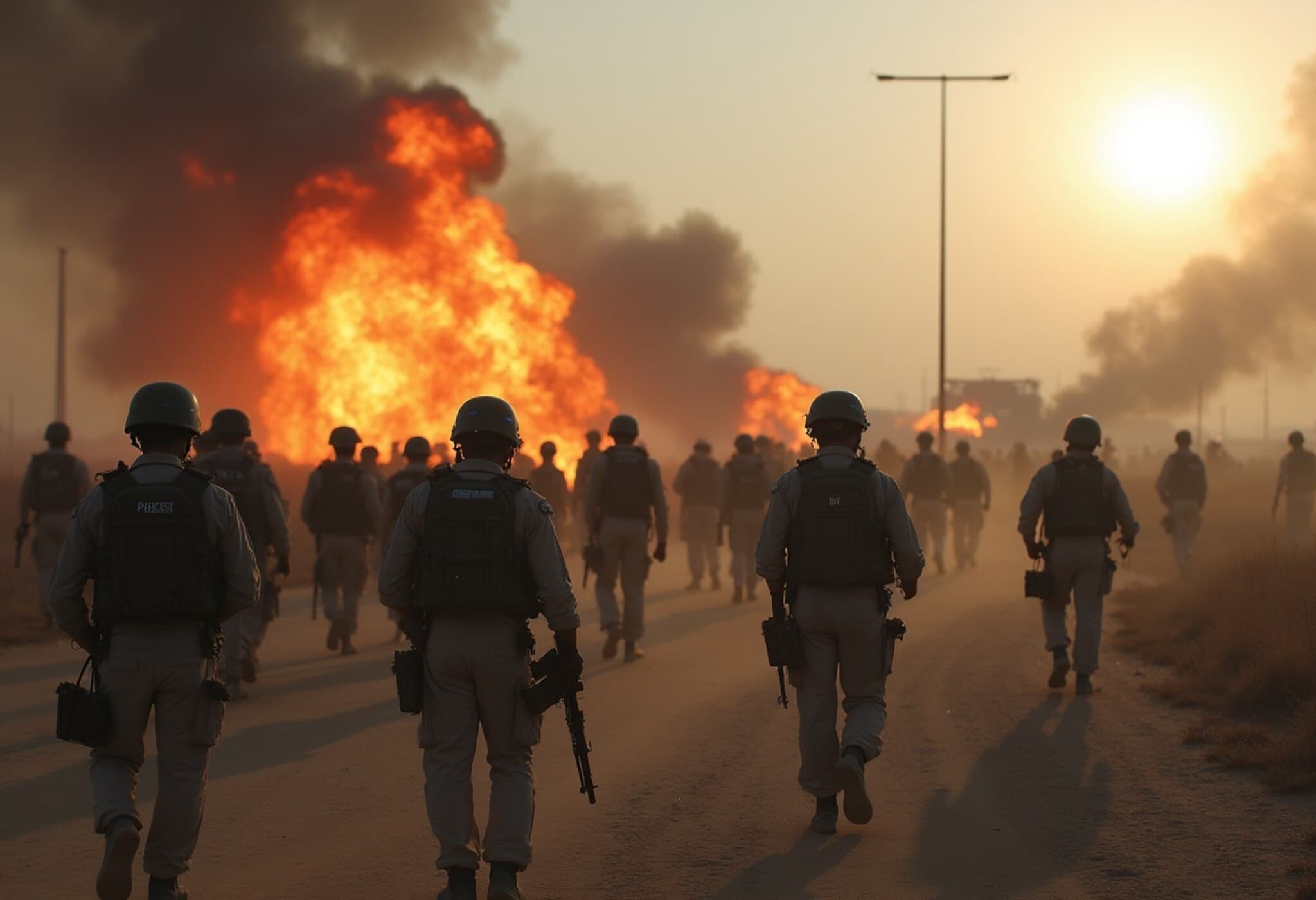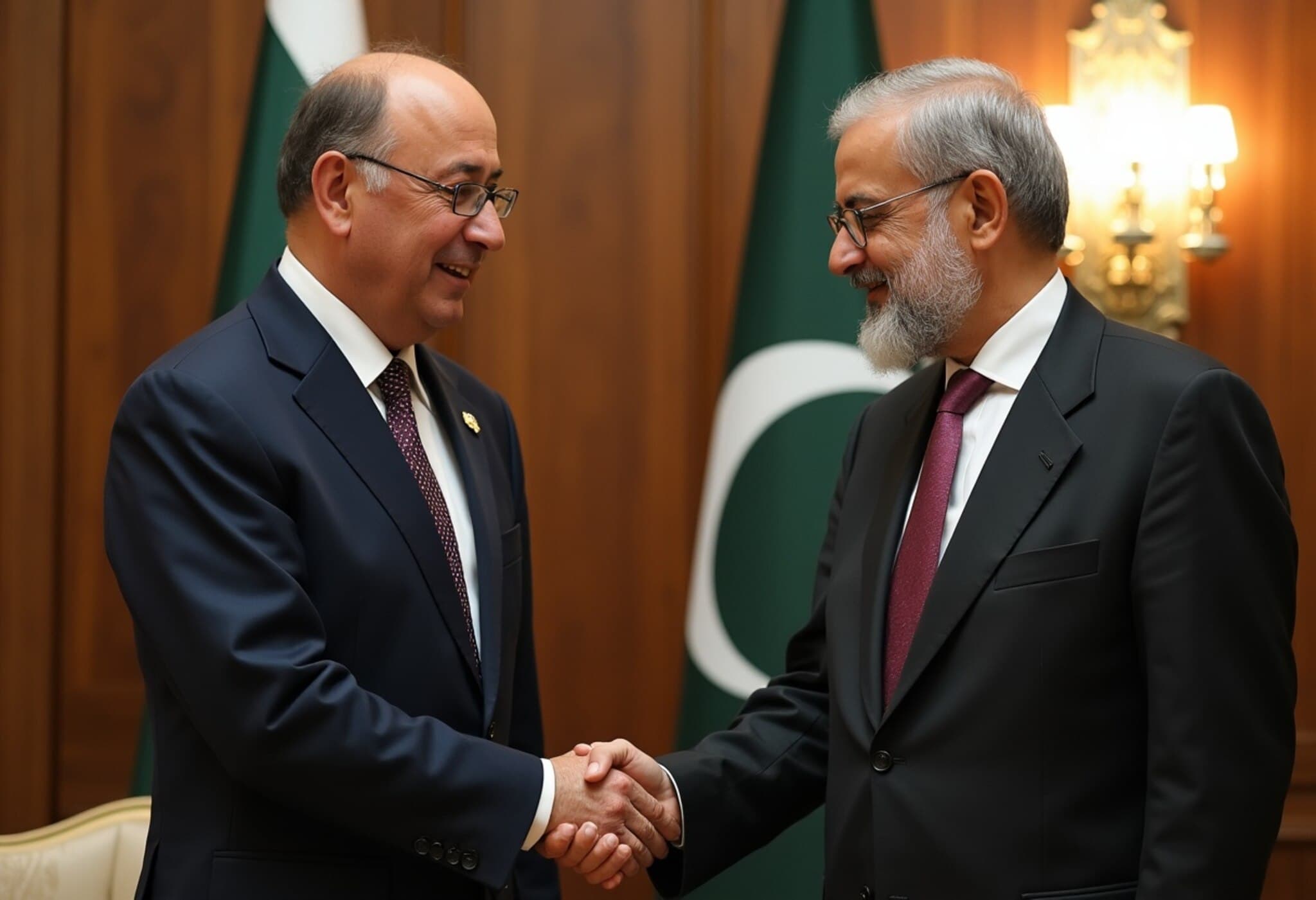US Reinforces Steady Ties with India and Pakistan Despite Rising Tensions
In the midst of escalating rhetoric from Pakistan’s military leadership, the United States has reiterated its unwavering diplomatic relationship with both India and Pakistan. This renewed assertion comes after Pakistan Army Chief General Asim Munir made alarming statements regarding nuclear capabilities in Florida, warning of potential deployment against India and beyond if Pakistan’s existence were threatened.
Condemning Nuclear Threats, Emphasizing Diplomatic Channels
At a recent State Department briefing, spokesperson Tammy Bruce highlighted Washington’s firm stance on maintaining balanced and constructive ties with both South Asian powerhouses. Despite the looming shadow of nuclear threats, the US official emphasized, “Our relationships with Pakistan and India remain unchanged. We remain committed to supporting peace and stability in the region.”
US Role in De-escalating India-Pakistan Hostilities
Bruce underscored the critical US role in brokering the recent ceasefire between India and Pakistan, which many analysts believe prevented an escalation into full-scale conflict. She credited immediate and decisive interventions by key American leaders including Vice President J.D. Vance, former President Donald Trump, and Secretary of State Marco Rubio for facilitating dialogue and conflict resolution.
“We acted swiftly to halt hostilities and bring both parties to the negotiating table, crafting a durable ceasefire,” Bruce stated. This intervention highlights the strategic importance the US places on South Asian stability amidst global geopolitical uncertainties.
Strengthening Counter-Terrorism Cooperation in Islamabad
Beyond ceasefire negotiations, the US and Pakistan recently convened in Islamabad for continued counter-terrorism dialogues. Bruce noted that the discussions reaffirmed mutual commitments to combat terrorism in all its manifestations.
- Enhanced intelligence sharing mechanisms
- Joint counter-terrorism strategies
- Collaborative efforts to dismantle terror networks
These talks represent a vital component of the US-Pakistan partnership, aimed at fostering regional security that benefits not only South Asia but the international community as well.
Contextual Analysis: Navigating a Complex Triangular Relationship
The US finds itself walking a delicate diplomatic tightrope. While committed to both India and Pakistan, it must address Pakistan’s provocative nuclear rhetoric without alienating Islamabad, an important partner in counter-terrorism, while simultaneously nurturing its strategic relationship with India—America’s largest defense partner in Asia.
The stakes are extraordinarily high. Nuclear threats from Pakistan’s military command risk destabilizing decades-long fragile peace. The US approach—balancing firm condemnation with dialogue facilitation—reflects a nuanced understanding of South Asian geopolitics.
Underreported Dimensions
Notably, the extent of US influence in the ceasefire agreement remains subject to broader geopolitical interpretations, considering the prominent American political figures highlighted. Additionally, the impact of these diplomatic maneuvers on ground-level civil-military relations within Pakistan warrants further scrutiny.
What Lies Ahead?
Looking forward, sustained US engagement will be crucial for managing the volatility of the region. In an era where nuclear brinkmanship and terrorism threaten global peace, Washington’s ability to maintain open channels with both New Delhi and Islamabad could prove pivotal.
Editor’s Note:
The unfolding dynamics between India, Pakistan, and the US encapsulate the fragile balance of power in South Asia. While official statements signal steady relations, beneath the surface, the conversation around nuclear deterrence and counter-terrorism is evolving rapidly. Readers should ponder how these developments influence not just regional security but global non-proliferation efforts. Will diplomatic efforts suffice to curb the risk of escalation, or are we inching closer to a dangerous precipice?



















